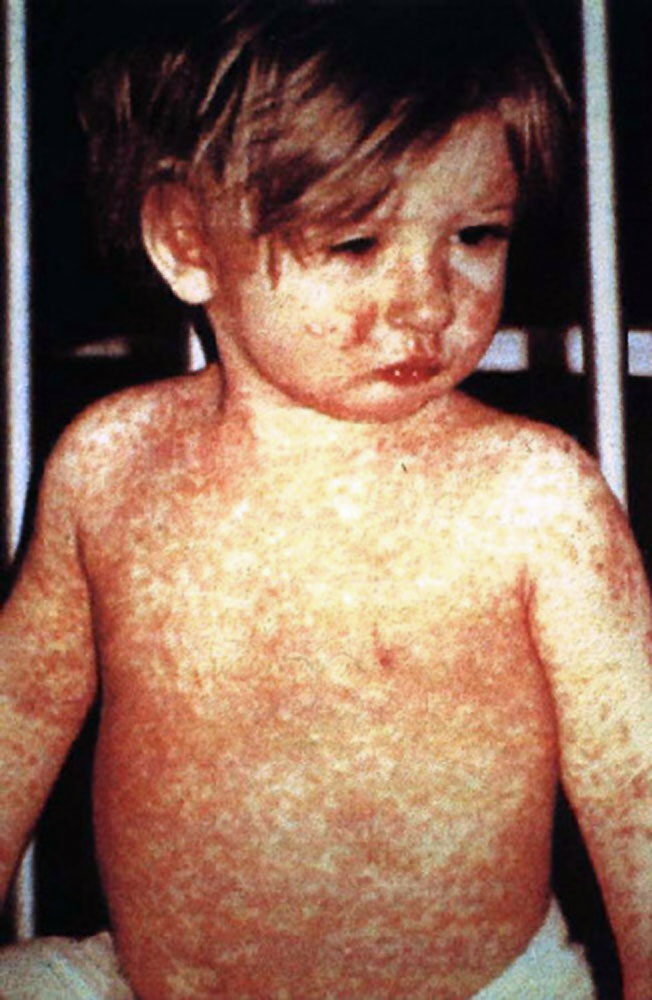Clinicians Advocate for Enhanced Measles Symptom Awareness and Screening

As the global healthcare community faces a resurgence of measles cases, clinicians are emphasizing the importance of heightened symptom awareness and pre-screening protocols to mitigate outbreak risks. According to Dr. Margot L. Savoy, a prominent infectious disease specialist and Associate Professor at the Lewis Katz School of Medicine at Temple University, the clinical presentation of measles often begins with upper respiratory symptoms resembling those of influenza, accompanied by a high fever. Within approximately six days, a maculopapular rash typically emerges, progressing from the head downwards, often accompanied by distinctive Koplik spots—small white lesions found in the oral cavity. Such clinical signs necessitate a high index of suspicion among healthcare providers, particularly in light of recent travel trends that could facilitate the spread of the virus.
The current rise in measles cases can be attributed, in part, to declining vaccination rates. A report from the World Health Organization (WHO) published in April 2025 revealed that immunization campaigns have been significantly disrupted due to the COVID-19 pandemic, leading to a decrease in coverage for measles vaccinations in several countries. Dr. Robert M. Jacobson, a pediatrician and vaccine researcher at the Mayo Clinic, emphasizes the critical nature of preemptive screening, stating, "Clinicians must implement rigorous infection control practices and screen patients for measles symptoms before they enter the office. Telemedicine consultations are particularly valuable in these scenarios to prevent the potential spread of the virus."
In a recent commentary published on Medscape, both Dr. Savoy and Dr. Jacobson highlight the need for healthcare providers to remain vigilant and proactive. Dr. Paul A. Offit, Director of the Vaccine Education Center at the Children’s Hospital of Philadelphia, urges clinicians to educate patients about the symptoms of measles, especially among populations with lower vaccination rates. He states, "When assessing patients with upper respiratory symptoms and fever, it is essential to consider measles, particularly if the patient has traveled to areas experiencing outbreaks."
The implications of increased measles awareness extend beyond individual patient care; they pose significant public health challenges. According to a 2025 report from the Centers for Disease Control and Prevention (CDC), the resurgence of measles poses a threat not only to unvaccinated children but also to vulnerable populations, including infants and immunocompromised individuals who cannot receive vaccinations.
In response to this challenge, healthcare systems are being urged to adopt comprehensive infection control measures. This includes the implementation of pre-screening protocols that can effectively identify potential measles cases before patients arrive at healthcare facilities. Furthermore, the CDC recommends that healthcare providers utilize telehealth services to conduct initial assessments, thereby reducing the risk of virus transmission within waiting areas.
In conclusion, the resurgence of measles underscores the necessity for healthcare providers to enhance their diagnostic acumen and preventive strategies. As vaccination campaigns resume globally, clinicians must leverage their roles as educators and advocates to reinforce the significance of measles immunization and to uphold rigorous screening practices. The future of measles control lies in the collaborative efforts of healthcare professionals, public health authorities, and communities to restore and maintain high vaccination coverage, thereby safeguarding public health against the threats posed by preventable diseases.
Advertisement
Tags
Advertisement





